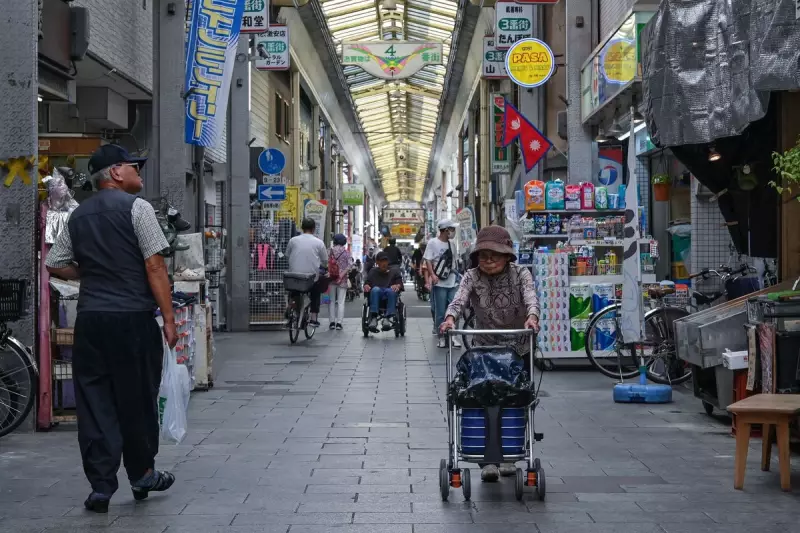
In a bold move that's challenging Japan's long-standing "customer is god" service culture, a restaurant owner in Mie Prefecture has taken the unprecedented step of filing a criminal complaint against abusive customers.
The case centres around a family restaurant in the city of Kuwana, where the owner grew tired of enduring relentless harassment and unreasonable demands from patrons. Rather than continuing to accept the abuse as "part of the job," the proprietor decided enough was enough.
A Cultural Turning Point
Japan's service industry has long operated under the principle of okyaku-sama wa kamisama desu - "the customer is god." This philosophy has created an environment where staff are expected to endure even the most extreme customer behaviour without complaint.
"This case represents a significant shift in thinking," says industry analyst Kenji Tanaka. "For decades, restaurant and retail workers have been expected to absorb any amount of abuse while maintaining perfect politeness. This owner's actions could inspire others to push back."
The Toll on Service Workers
Behind Japan's famously polite service culture lies a darker reality of workplace stress and employee burnout. Common issues reported by service industry workers include:
- Verbal abuse and shouting
- Unreasonable demands outside operating hours
- Threats and intimidation
- False complaints and attempts to get free meals
- Personal insults about staff appearance or competence
Many workers report suffering from anxiety and depression as a result of constant customer mistreatment, yet feel powerless to respond due to cultural expectations.
Legal Precedent in the Making
The Mie Prefecture case could set an important legal precedent for how customer abuse is handled in Japan. While the details of the specific incidents remain confidential, authorities have confirmed they're investigating multiple instances of alleged harassment.
Legal experts suggest this could be the beginning of a broader movement toward better protection for service workers. Similar cases have emerged in recent years, but this represents one of the most determined efforts to hold abusive customers accountable through the legal system.
Changing Attitudes in Post-Pandemic Japan
The COVID-19 pandemic appears to have accelerated changing attitudes toward service industry treatment. As restaurants struggled to survive lockdowns and restrictions, many owners became less willing to tolerate customer behaviour that threatened their staff's wellbeing and business viability.
Social media has also played a role, with viral posts exposing particularly egregious examples of customer misconduct and generating public sympathy for service workers.
Whether this case will mark a permanent shift in Japan's service culture remains to be seen, but it undoubtedly represents a growing recognition that good service shouldn't mean enduring abuse.




